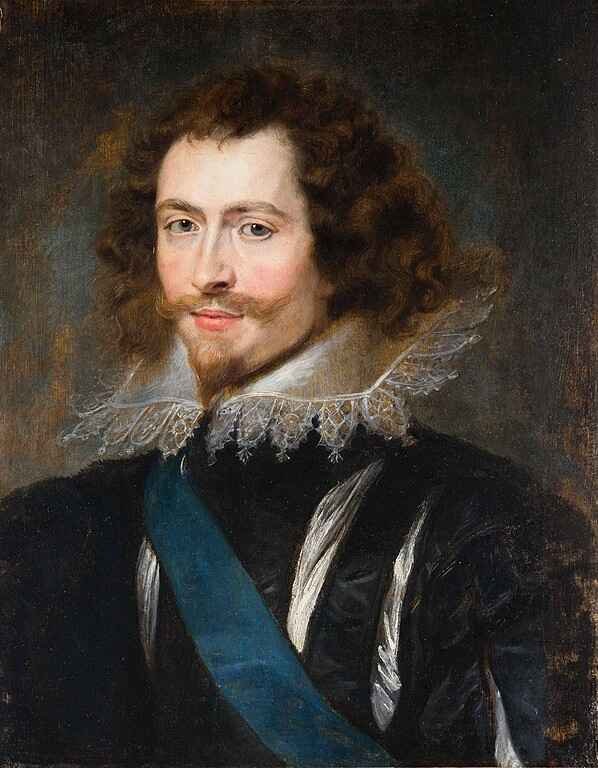What is the difference between King and Emperor?
The king and the emperor are both sovereigns (possessing powers), exercising their authority over more or less extensive individuals and territories. The difference between King and Emperor are both sovereigns but differences remain between the two terms. However, there are certain differences between these two monarchs, even if they remain tenuous and have evolved over the course of history.
What are the differences between a king and an emperor?
The King rules over a Kingdom, the Emperor is the ruler of the Empire. Yes, but still? There are obviously other differences between these two monarchs, even if they are sometimes minute. Here are the main ones:
- The extent of their territory: On this specific point, the emperor is the big winner. The territory over which he exercises his power and authority is generally larger than that of the king.
- The number of his subjects and the diversity of their origins: This element is obviously linked to the first. The emperor, since he reigns over a larger territory, generally has an empire made up of peoples of different origins and religions. The most illuminating example is obviously that of the emperors of the Roman Empire which included Germanic, Celtic but also African peoples.
It is customary to say to differentiate them that the emperor is appointed, or elected, and that the king inherits the crown. In fact, this difference is not one and corresponds to a dynastic vision of the monarchy which dates from modern times.
Proof of this is with the kings of the High Middle Ages like Charlemagne who were elected. Conversely, the dynastic heir of Napoleon I Bonaparte was indeed his son Napoleon II, nicknamed l’Aiglon. If this difference exists for certain emperors and certain kings, like the Emperor Augustus and King Louis XV for example, it is however impossible to generalize it.
The main difference between a king and an emperor
The main difference between a king and an emperor is the geographic area over which they rule.
King is more limited, usually a single nation, while the emperor rules an empire made up of several countries.
Read also: Nobility and Greeting Vocabulary for Nobles or Aristocracy
Tsar
The title of tsar is a title of royal or imperial nobility borne by the sovereigns of Russia (from 1547 to 1917), Bulgaria (from 917 to 1018, from 1185 to 1422 and from 1908 to 1946) or Serbia (from 1346 to 1371). Tsarism is a form of autocracy (later absolutism) specific to the Grand Principality of Moscow (which later became the Tsarate of Russia, then the Russian Empire).

Nicholas II, last Tsar of the Russian Empire. Was born on May 6, 1868 (May 18, 1868 in the Gregorian calendar) at Tsarskoye Selo Palace and executed on July 17, 1918 in Yekaterinburg, was an Emperor of Russia of the Romanov dynasty. He was “Tsar of all the Russias”, also King of Poland and Grand Duke of Finland, from November 1, 1894 to his abdication on March 15, 1917. Earnest Lipgart (1847-1932), Public domain, via Wikimedia Commons
Read also: Political Systems in the Wolrd | Form of Governments and Political Elites | Who are they? | The elites or the power elite?
Is the emperor more powerful than the king?
Due to the extent of his empire, the emperor, from the Latin imperator, appears to exercise a greater power than that of the king. The person with the title of emperor very often has authority over kings reigning over the countries that make up his empire.
You can be king… and emperor
Where the matter thickens is that it is quite possible to be both king and emperor! The examples are even legion. Queen Victoria was, for example, Queen of the United Kingdom, Great Britain and Ireland, but also Empress of India. Her eldest daughter Princess Victoria was German Empress and Queen of Prussia during the short-lived reign of her husband Frederick III. Another example is that of François-Joseph I who had to be both Emperor of Austria and King of Hungary. Charles V was Emperor of the Holy Roman Empire and King of Spain.
Read also: Longest Reigning European Monarchs (Emperors, Kings and Princes)
Kings and emperors today
There are still twenty six monarchies around the world, from England to Spain via Saudi Arabia and Belgium. On the other hand, only one emperor remains, in Japan. Crown Prince at birth, Naruhito became Emperor of Japan on May 1, 2019, the day after the abdication of his father Akihito. Read also: Japanese Imperial Palace in Tokyo | The home of the Emperor of Japan
What is a king?
A king is a person who rules a kingdom. In other words, a king is a sovereign who legitimately exercises his power over a people or a nation. It is designated hereditarily (dynasty) in most cases. The latter exercises his power of sovereignty over his people, who in return owe him respect, obedience and submission. However, a person can become king by conquering a kingdom.
This is the case, for example, of William the Conqueror who became King of England after having invaded the English in the 11th century. In other cases, a king may be elected by the subjects of the kingdom. This is the case of elective monarchies. The king inspired respect and sometimes even fear in ancient monarchies. The feminine of king is queen and the corresponding adjective is royal (royal in the feminine).
Role of a king
In most monarchies, the king has an authoritarian role of protection and preservation of the social order. He makes use of the powers at their disposal to bring peace, security and conviviality to his kingdom. He has an executive power allowing him to apply a law as well as a judicial power giving him the possibility of rendering justice.
The king can judge and render his verdict in a conflictual situation or in any other legal situation. Its main function is to maintain the balance of the kingdom. It can enforce a law, but does not make the laws. On the other hand, the role of a king is not necessarily associated with the monarchy. There are particular kings appointed as part of a party or even a ball.
What is an Emperor?
Historically, the emperor is the ruler of a sovereignty called an empire. He is the holder of supreme power. He uses his ultimate power to rule, reward or even chastise. The title emperor comes from a deformation of the title “imperator” worn by Roman generals. Augustus was the first to bear the title of emperor. The title of emperor can sometimes be hereditary. However, in general, the emperor is appointed by his predecessors or imposed by his troops. The female counterpart of the emperor is the empress.
Emperor’s functions
The emperor is the holder of supreme power. His power is absolute and he uses it to rule his empire with an iron fist. The emperor has many powers. It is responsible for playing a military, judicial, religious and even political role. Indeed, he is the one who makes all the decisions directly or indirectly affecting the functioning of the empire. The emperor can establish laws and can also intervene in all areas. Moreover, it is up to him to decide whether to make peace or go to war. He fixes the amount of taxes and has the power of life or death over his subjects. It is the most feared being in the old monarchies.
Longest Reigning World Monarchs Ever (Emperor, King, Queen, Prince)
Sumber bacaan: PinterPandai, Diffen, Difference Between
Photo credit: papazachariasa via Pixabay



